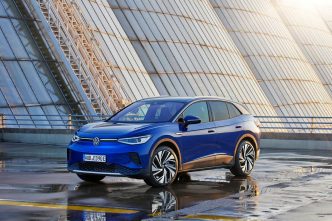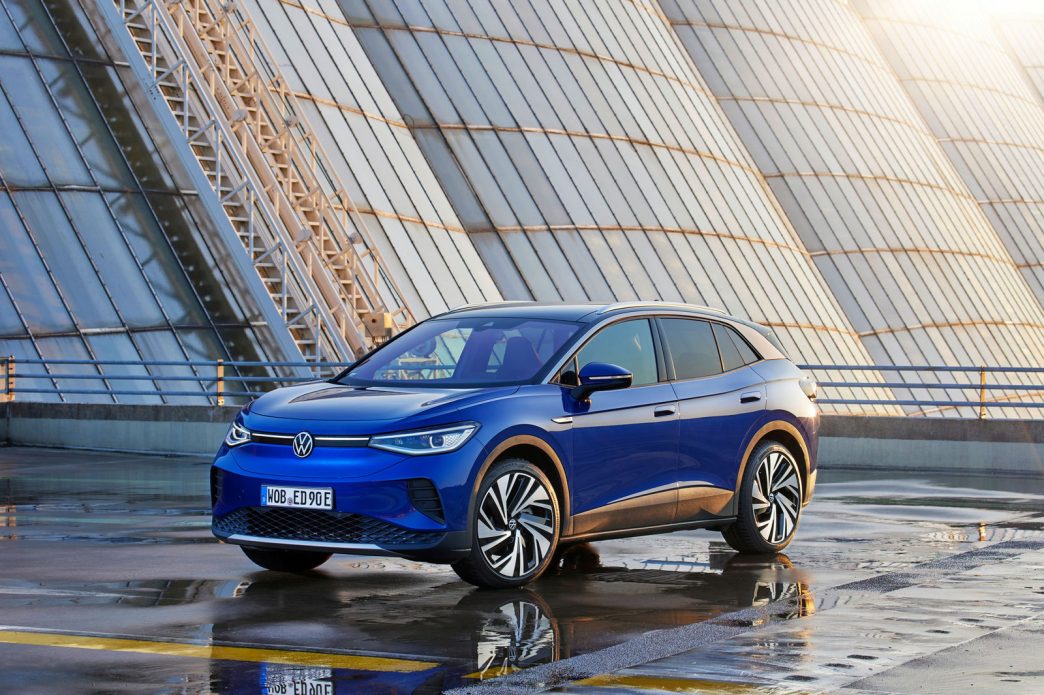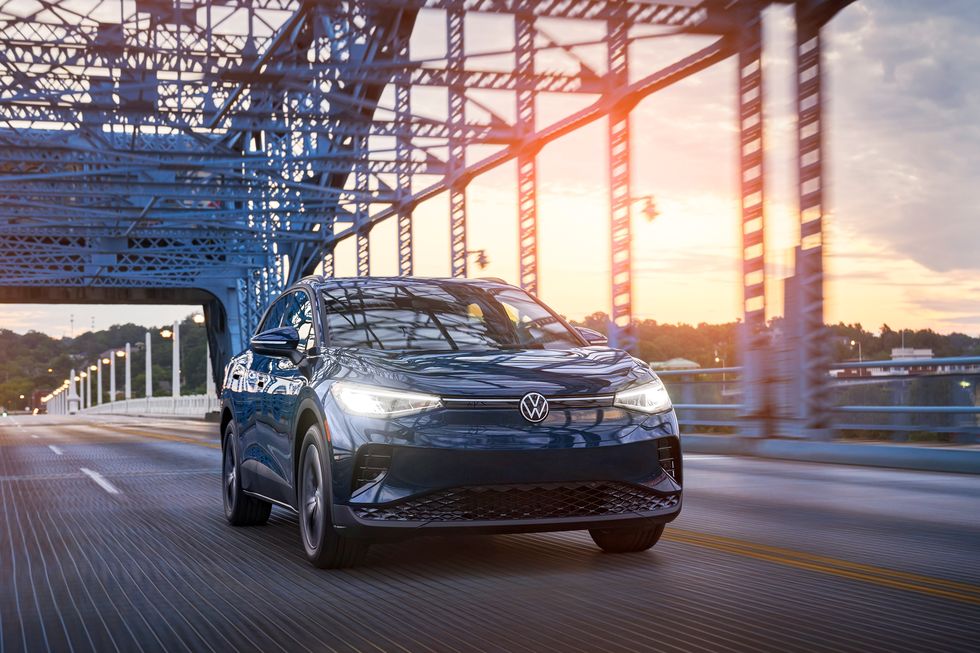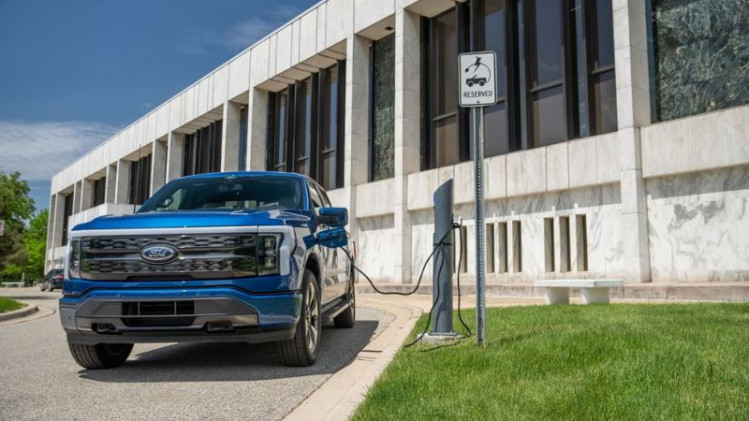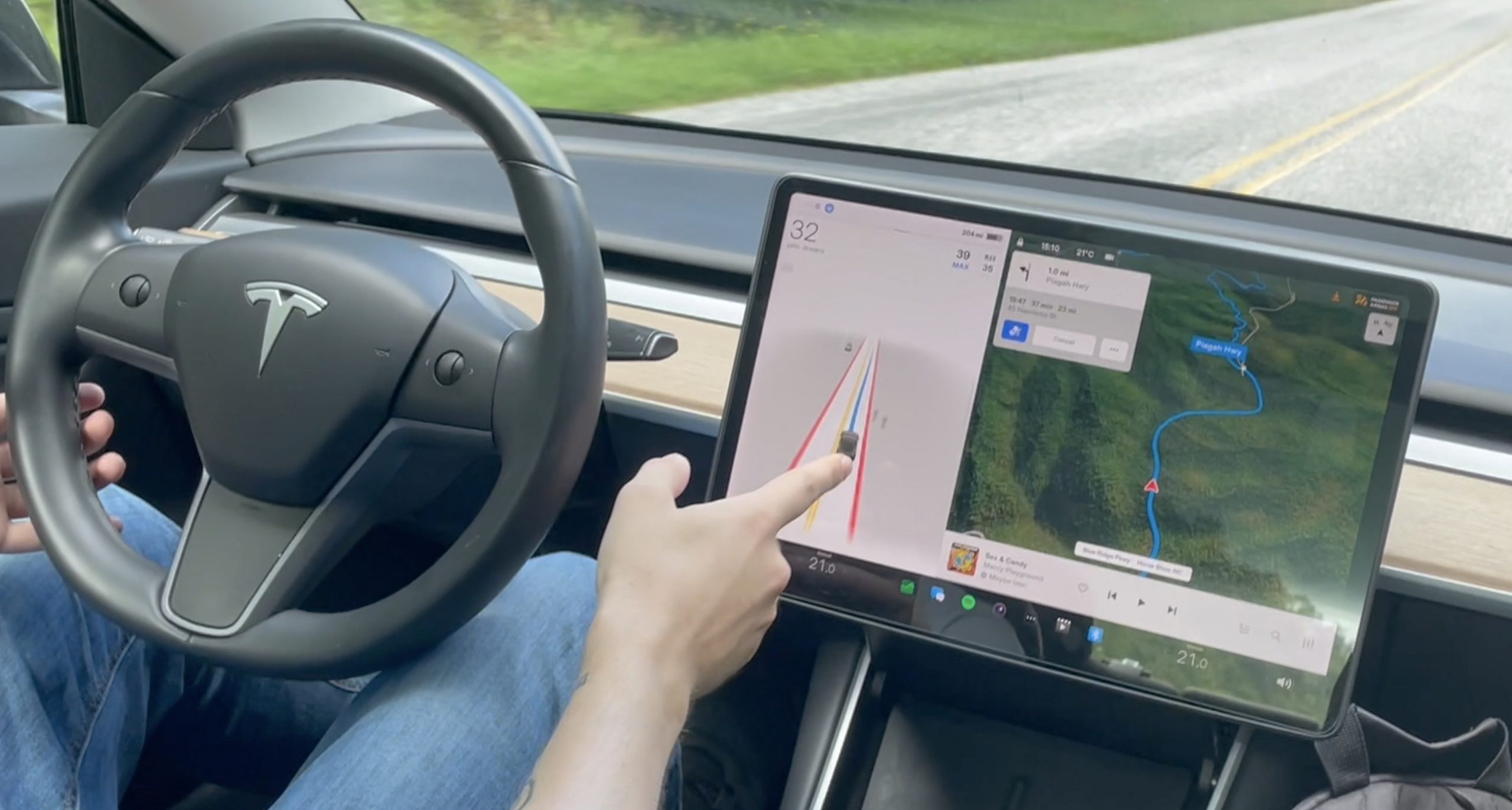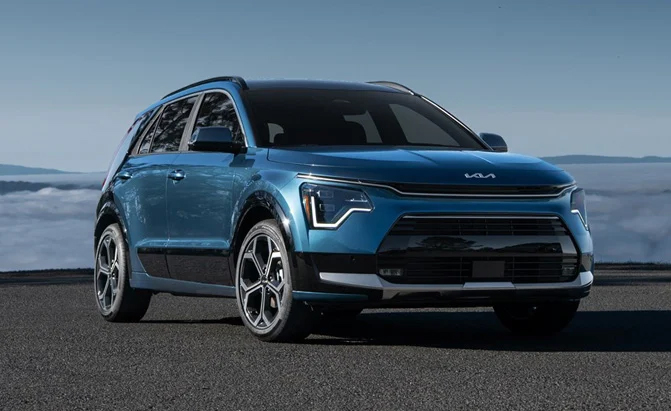European automakers are increasing prices of petrol-powered vehicles and preparing to discount electric models as they brace for tougher emissions regulations that could strain profits across the sector. Starting January 1, the European Union will significantly lower its carbon dioxide emissions cap, requiring at least 20% of vehicle sales to be electric to avoid heavy fines.
So far, only 13% of vehicles sold this year in Europe have been electric, according to the European Automobile Manufacturers’ Association (ACEA), highlighting a significant shortfall. “The gap is really big,” said Marc Mortureux, director of French automotive lobby PFA.
Automakers such as Volkswagen, Stellantis, and Renault have already raised the prices of petrol engine models in recent months to steer consumer demand toward electric vehicles. Stellantis’s Peugeot, for example, increased prices for most petrol-powered models in France by up to €500, while Renault adjusted prices on its petrol Clio SCE 65 by €300. Fully electric and hybrid models, however, remained unaffected.
“Carmakers have started with their pricing strategy to steer demand towards battery EVs in order to reach the CO2 targets and avoid potential fines,” said Beatrix Keim of the Center for Automotive Research.
The stricter emissions rules come as automakers face economic uncertainty, overcapacity issues, and intensifying competition from Chinese EV manufacturers. Analysts warn that while raising prices on traditional combustion models could help close the cost gap with EVs, it risks cutting overall production volumes in a market still recovering from pre-pandemic lows. “Increasing the price of thermal engine cars means cutting production (…) and all the value chain and suppliers will suffer from this,” said a source close to a major European automaker.
Discounts on EVs have already begun in some markets. Volkswagen, for instance, recently lowered the price of its ID.3 compact EV to below €30,000 in Germany. Denis Schemoul, an analyst at S&P Global, described this pricing approach as “an indirect subsidy” for EV buyers funded by higher costs on petrol car buyers, though it is likely to impact automaker margins.
Automakers are also exploring “pooling” emissions credits with companies that have higher EV sales, a strategy that may prove less costly than heavy discounts. In one such example, Japan’s Suzuki agreed to pool emissions with Geely-owned Volvo in 2025, a deal expected to offset potential penalties for Suzuki.
Despite these measures, industry leaders continue to push for regulatory flexibility. “At some point, enough is enough,” said PFA president Luc Chatel. “I can’t sell enough electric vehicles and I’m going to be penalized on my thermal vehicles. What do they want me to make, horse-drawn carriages?”
With the clock ticking toward January, analysts project a surge in EV sales next year, with GlobalData estimating a 41% jump across Europe to 3.1 million units by 2025. Yet, achieving those numbers will likely require deeper discounts and sacrifices to already slim margins.
Source: Reuters

